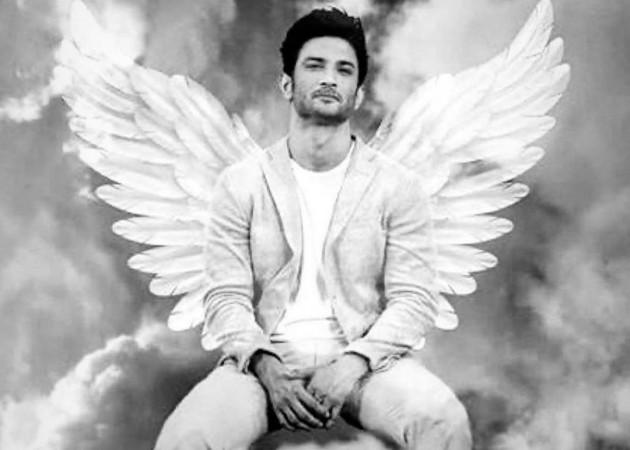In a significant verdict having ramifications on the Indian media, the Bombay High Court on Monday said that 'media trial' impacts investigations, violates laws, obstructs administration of justice besides amounting to a contempt of the court.
A division bench comprising Chief Justice Dipankar Datta and Justice G. S. Kulkarni gave the ruling in a bunch of public interest litigations filed by a group of IPS officers and activists vis-a-vis the case concerning the high-voltage coverage following the death of Bollywood actor Sushant Singh Rajput in June 2020.
"Media trial violates the programme code under the Cable TV Network Regulation Act. We have held that the media trial runs counter to the programme code", said the judges, even suggesting the media should educate itself on Criminal Procedure Code if it wanted to report on ongoing investigations.

Press reporting guidelines on SSR
The court said that since the electronic media does not have its own guidelines currently, the Press Council of India guidelines for print media would be applicable to the electronic media also.
The court also observed that certain coverage by a couple of television channels "interferes with criminal investigations and runs counter to the programme code under the Cable TV Act", but did not initiate any action against them for now.
On the aspects of reporting related to ongoing criminal probes, the Chief Justice Datta and Justice Kulkarni said that it should be done in such a manner that it does not prejudice the rights of the accused and witnesses adhering to the journalistic standards.

The media should also keep off 'reconstruction' or 'recreation' of the crime scene or leaking any sensitive, not depict the victim in a manner that could cast aspersions on the investigations, publish alleged confessions of accused without informing the public that such confessions are inadmissible and that the investigating authorities "are under obligation to disclose information".
Coming down on the TV news-channels for their reporting in the Sushant case, the judges expressed concerns on the kind of 'investigative journalism' being pursued by them and asked whether the channels considered it their obligation or duty to supervise every investigation.
Saying that the channels had ignored basic journalistic ethics and norms while reporting on a celebrity's death, the Chief Justice Datta and Justice Kulkarni said if the channels want to report on ongoing probes, then why don't they educate themselves on the provisions of the CrPC before giving the details.
Among other things in their PILs, the petitioners had sought the court's intervention to frame guidelines to regulate the electronic media for reporting ongoing criminal investigations while safeguarding media freedom.
(With inputs from IANS)

















